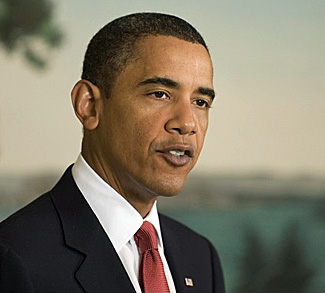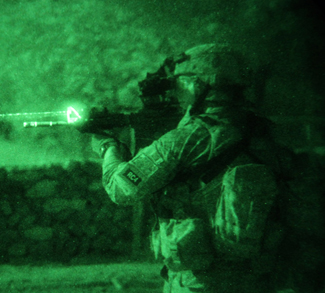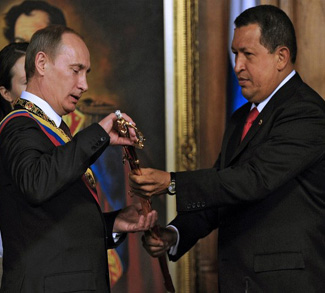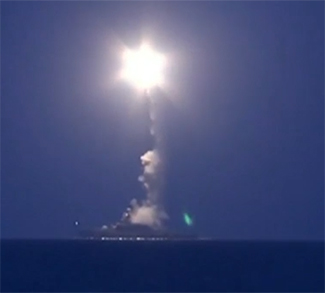Summary
Although President Obama’s decision to scrap Bush-era plans to build missile defense bases in Poland and the Czech Republic can be taken as a consequence of America’s declining hegemonic power, it is underpinned by several practical military and diplomatic considerations.
Analysis
President Obama’s decision counts as a blow to the symbol of American global military primacy as well as the oft-accompanying supposition that America can ignore the interests of other rising powers in the world, most notably those of the BRIC countries. The move is sure to spark fiery debates on hegemonic decline, even though such a decline is to be expected in the coming decades as America’s global military muscle scales back in line with its diminishing economic clout.
American primacy has crystallized in the collective mindset of the American public since the end of the Cold War, making any policy that can be perceived as appeasement a target for criticism. President Obama seems to have anticipated this criticism and made an attempt to preclude it by framing the decision as a response to a downgraded threat from Iranian missiles. He also made efforts to re-assure U.S. allies in his mentioning of the American commitment to European defense via NATO’s Article 5.
The termination of the European missile shield has several potential benefits for American foreign policy. U.S.-Russian relations have been on life support since Bush and Putin’s brief honeymoon period ended, and this development could prove to be the real ‘reset’ button that Secretary Clinton was searching for.
While some media commentators are sure to take a page from the Cold War manual and interpret President Obama’s move as buckling to a belligerent administration in Moscow, the situation should be analyzed in the wider context of U.S.-Russian relations over the last two decades. In this span, Russian national pride has taken quite a thrashing, as the USSR went from superpower to break-up to near economic collapse. During this volatile period, the Yeltsin administration was forced to swallow several bitter pills at the insistence of Washington; most of these ‘adjustment’ policies had ruinous consequences for the Russian economy.
The Russian people have not forgotten the role played by Washington in their rough transition to a market economy, which is probably why Mr. Putin’s authoritarian path back to global respectability has been so warmly received. In sum, President Obama’s decision affords a level of esteem to Russian interests coming off of a decade when none was paid. This will help to thaw U.S.-Russian relations.
The Medvedev-Putin, liberal-hawk dynamic currently playing out within Russian domestic politics might also be affected, for a great deal of Mr. Putin’s popularity stems from the perception that he has stood up to American bullying. A conciliatory approach from the United States however effectively pulls the ‘anti-Americanism’ carpet out from under Mr. Putin’s feet, allowing room for more liberally-minded Medvedev to work with Washington.
The main arena in which Russia can reciprocate is its Iran policy. Moscow may now be willing to support a moderate extension of UN sanctions. It is also unlikely that Russia will go forward with S-300 missile shipments to Iran, assuming that rumors of the missiles already being delivered in secret are false. Moscow may also draw back a bit from its aggressive stance towards Georgia.
A major thorn has been removed from the side of U.S.-Russian relations, and it is safe to assume that beyond these short-term possibilities, Moscow will be a more receptive partner in several global problems ranging from climate change to the need to reform international economic regimes.
The decision to move away from static missile defense also has practical technological, military, and economic considerations. Like the Bush-era Future Force, static missile defense is an un-tested and expensive weapon system geared towards hypothetical wars of the future, the very type that President Obama’s defense spending reform hopes to eliminate.




